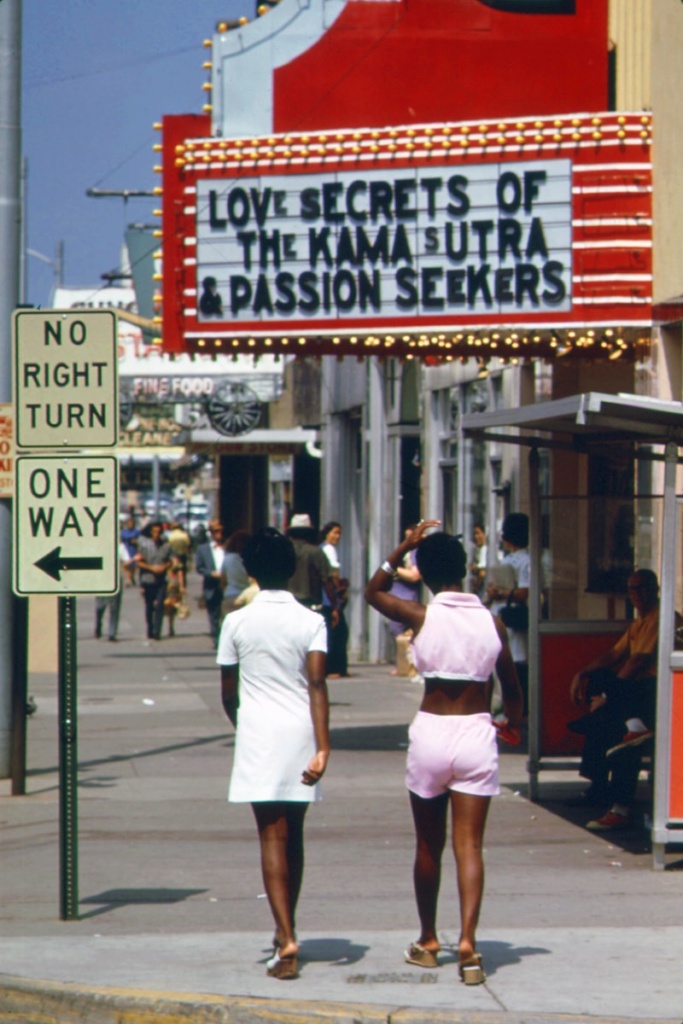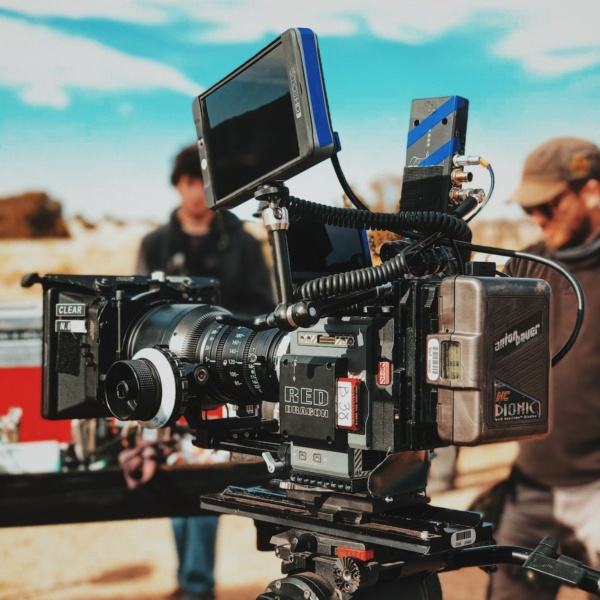
Grab your popcorn and settle in because we’re about to embark on a journey through the rich tapestry of African-American cinema history. From the pioneering days of Oscar Micheaux to the vibrant present, the story of black cinema is as compelling as the films it has produced. As I’ve delved into the world of movies over the past four years, this exploration has been a particular highlight – a journey that’s both enlightening and, of course, entertaining.
Oscar Micheaux: The Trailblazer

Our journey begins in the early 20th century with the maverick filmmaker Oscar Micheaux. Born in 1884, Micheaux was a true trailblazer, defying the racial barriers of his time. In 1919, he released “The Homesteader,” making history as the first feature film directed by an African-American. Micheaux’s films often tackled social issues, portraying the complexity of black life in a racially segregated America.
While the production quality of Micheaux’s films may not match today’s standards, their cultural impact is immeasurable. He laid the foundation for African-American filmmakers, proving that stories from the black community deserved to be told on the silver screen.
The Golden Age of African-American Cinema History: Melvin Van Peebles and “Sweet Sweetback’s Baadasssss Song”
Fast forward to the 1970s, a pivotal era for black cinema. Melvin Van Peebles, a true renegade of the industry, exploded onto the scene with “Sweet Sweetback’s Baadasssss Song” in 1971. This film wasn’t just a box office success; it was a cultural phenomenon that shattered stereotypes and gave rise to the Blaxploitation genre.
Van Peebles, with his rebellious spirit and avant-garde approach, became a symbol of the changing times. “Sweetback” was a rallying cry, signaling that African-American filmmakers were ready to break free from the constraints of Hollywood conventions.
Spike Lee: The Provocateur

No discussion of African-American cinema is complete without mentioning the indomitable Spike Lee. Bursting onto the scene in the 1980s, Lee’s films are a vivid tapestry of black life in America. From “Do the Right Thing” (1989) to “Malcolm X” (1992), Lee fearlessly tackled issues of race, identity, and social justice.
Lee’s impact extends beyond the screen. He’s a provocateur, unafraid to challenge the status quo. Who can forget the iconic Mars Blackmon, played by Lee himself, uttering the famous phrase “It’s gotta be the shoes” in those memorable Nike commercials? Lee’s influence reaches far beyond the confines of traditional filmmaking.
The New Wave: Ava DuVernay and “Selma”
As we move into the 21st century, a new wave of African-American filmmakers is making waves. Leading the charge is Ava DuVernay, a powerhouse director, producer, and advocate for diversity in the industry. In 2014, DuVernay’s “Selma” hit the screens, providing a poignant and powerful portrayal of the civil rights movement and Martin Luther King Jr.’s fight for equality.
“Selma” wasn’t just a film; it was a cultural touchstone that sparked conversations about racial injustice and the ongoing struggle for equality. DuVernay’s work extends beyond the cinema, as she continues to champion underrepresented voices through her production company, ARRAY.
Black Panther: A Cinematic Marvel

No exploration of African-American cinema in the present would be complete without a nod to the groundbreaking “Black Panther” (2018). Directed by Ryan Coogler, this Marvel masterpiece isn’t just a superhero film; it’s a celebration of African culture and a triumph for representation in mainstream cinema.
“Black Panther” shattered box office records and garnered critical acclaim, proving that diverse stories can resonate on a global scale. The film’s impact reaches beyond its runtime, inspiring a generation and opening doors for more black creatives in the industry.
The Future: A Kaleidoscope of Voices
As I eagerly anticipate the next chapter in African-American cinema, it’s clear that the future is bright. Filmmakers like Barry Jenkins (“Moonlight”), Jordan Peele (“Get Out”), and Dee Rees (“Mudbound”) are pushing boundaries and bringing fresh perspectives to the screen.
The narrative is evolving, becoming more inclusive and reflective of the diverse experiences within the African-American community. As Hollywood takes steps towards greater representation, there’s a growing realization that the stories of black filmmakers are not niche; they’re universal.
In conclusion, the history of African-American cinema is a journey of resilience, creativity, and unapologetic storytelling. From the pioneering days of Oscar Micheaux to the cultural phenomenon of “Black Panther,” each film is a chapter in a larger narrative that continues to unfold. As I continue to explore the ever-evolving world of movies, I’m excited to witness the kaleidoscope of voices that will shape the future of African-American cinema. After all, the magic of the movies lies in their ability to reflect the diverse tapestry of the human experience, and African-American cinema is a vibrant thread in that intricate weave.


